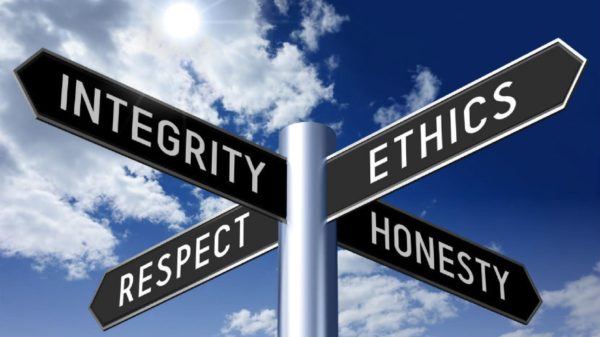Exploring Ethical Frontiers: Ethics in Forensic Psychology

The Intersection of Morality and Forensic Psychology
Embarking on the complex journey where morality meets the intricacies of forensic psychology, this exploration delves into the ethical considerations that guide practitioners in this distinctive field. From the examination of legal frameworks to the delicate balance between science and morality, ethics in forensic psychology unveils a terrain where principles are as critical as expertise.
1. Confidentiality: Navigating the Trust Tightrope
The ethical principle of confidentiality in forensic psychology is akin to walking a trust tightrope. Psychologists often deal with sensitive information, and the term “privileged communication” encapsulates the trust bestowed upon them by clients. Striking the balance between protecting this confidentiality and adhering to legal obligations, such as mandated reporting, is a nuanced challenge.
Forensic psychologists navigate this ethical frontier by ensuring that their clients understand the limits of confidentiality, maintaining trust while upholding their responsibilities within the legal framework.
 Learning how you can write a disclaimer is one thing that many people have to be taught. Especially if we’re going to promote something or provide a service via a webpage or blog.
Learning how you can write a disclaimer is one thing that many people have to be taught. Especially if we’re going to promote something or provide a service via a webpage or blog.